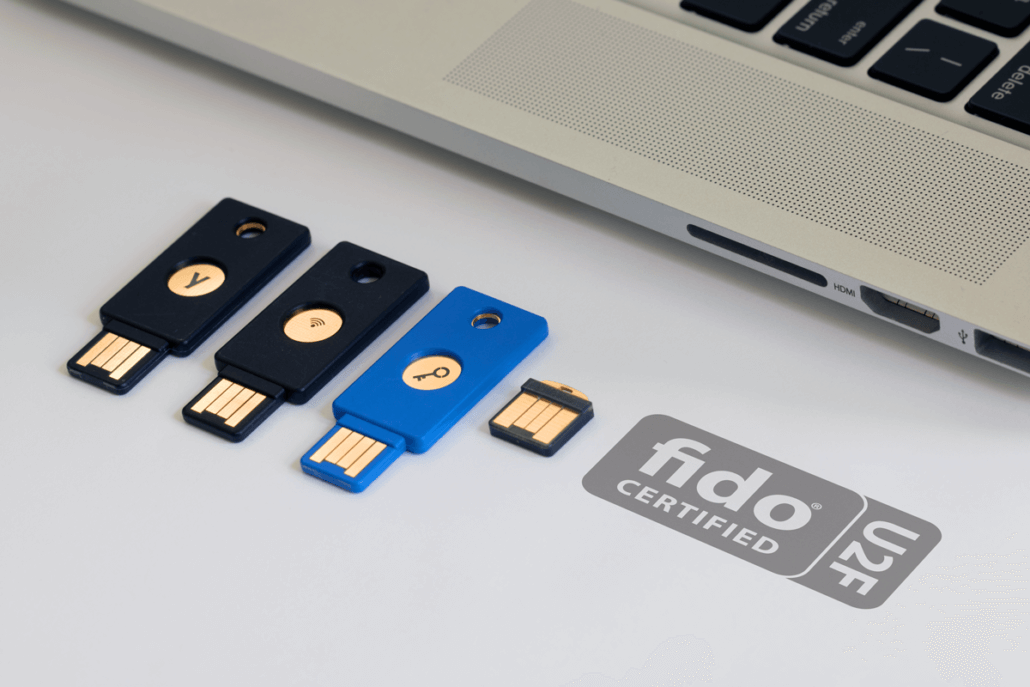I don't think Yubikeys are a good idea. Yes, they are secure, no doubt. But what happens if you lose it, or if it gets stolen? Sure, you can buy a second one in advance (very important: in advance. Otherwise you are lost!) and store it in a safe place (a safe at home, or at your bank?). Still, it's a "dangerous" second factor, because if you lose it you are doomed.
2FA should be used for those systems where you have other means of verifying your identity and thus you can get a replacement. My bank uses Vasco tokens. I thought I was taking care of it properly... And then, one month ago I lost it. Well, I called my bank, told them to block it (not really needed, as the other factor - my password - was still safe), and got a new one. Problem solved. The reason I can do it is that my bank knows me and accepts documents as a form of identification, and I can't lose that (at least not forever: you can always get a new one).
Likewise, SMS codes might not be great security-wise, but if you lose your phone and Sim card, you can walk into a shop with your passport, prove that you are you, and get a new Sim card with the same number, so you can have a code sent to that number and you are not locked out of everything.
But with Yubikey? You need to buy 2, you need to store the second one in a safe way, and there's still the theoretical risk to lose it if something goes really wrong (a thief that manages to open your safe - maybe you open it yourself, at gunpoint?). Yubikeys are not for me, and I think they are not for 99% of the users either. If you are really concerned by security and are willing to think about a disaster recovery plan so that you don't lock yourself out of everything, go ahead. Otherwise... Don't. There are other ways, which are indeed less secure, but at the same time less dangerous.
And Techspot, please, PLEASE at least mention this problem. In your articles you haven't written a single word about what happens if you lose your physical key, but this is a serious risk and should be explained. Thank you!
